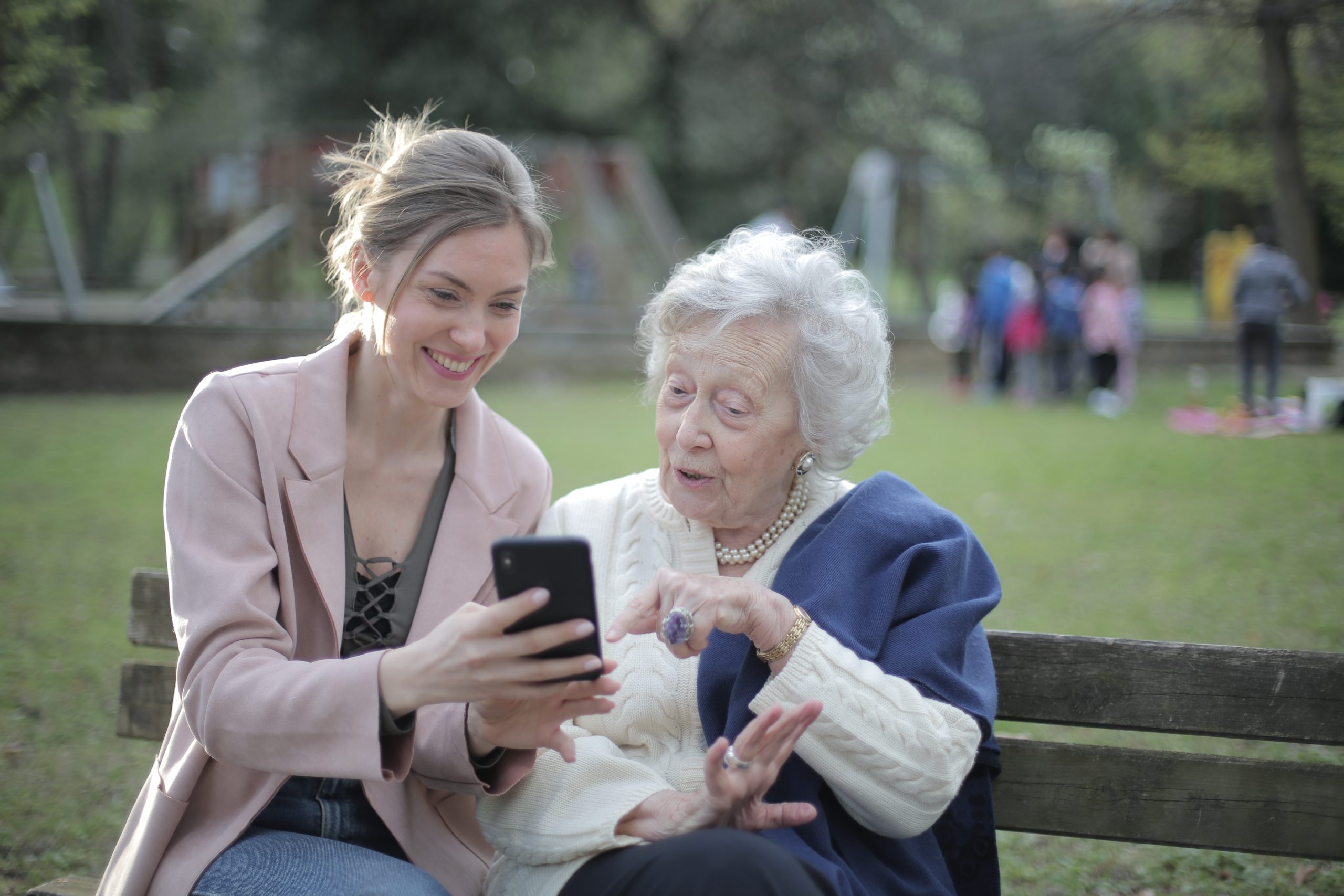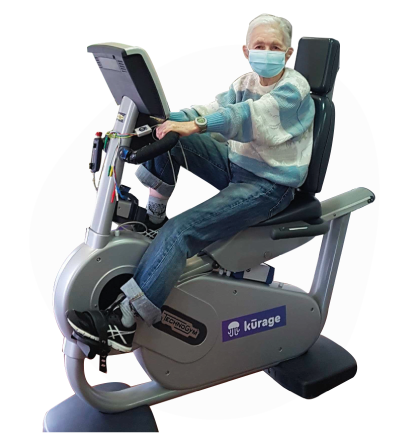Adapted sports for seniors
Kurage wants to make its innovations available to as many people as possible. Its mission is to reveal the sporting abilities of each individual and to develop sport for seniors.
Adapted sport for seniors

A vital necessity
It is currently accepted that physical activity adapted for seniors improves the physical, psychological and social conditions of older people
Physiological ageing leads to a decrease in muscle mass (sarcopenia predominating in fast fibres), power and muscle strength; and on the cardiovascular level a decrease in aerobic capacity, VO2 max and maximum heart rate. There is also a decrease in muscle flexibility, bone density (osteoporosis), osteoarthritis and neurosensory disorders.
These changes make the elderly fragile, with a risk of falling, which can lead to dependency.
The benefits of adapted sport for seniors
Physical benefits
The fight against a sedentary lifestyle and the promotion of physical activity seem to be essential for the primary prevention of this state of frailty in older people, in order to maintain autonomy and good health.
The WHO recommends that people aged 65+ do at least 150 minutes of moderate physical activity per week, which corresponds to 1H15 of sustained physical activity.
The adapted sports programme for seniors should include muscle strengthening, endurance and flexibility sessions at risk of falling.
The Kurage solution allows to:
- Gain muscle mass
- Build muscle strength
- Improve mobility
- Strenghten functional capacities
- Increase cardio-respiratory capacity

Health problems associated with ageing
The ageing of the population is accelerating rapidly worldwide. Many health problems are associated with ageing, including frailty, falls and pressure sores. Several factors influence healthy ageing, such as the regular practice of a sport adapted for seniors..
Kurage reveals one’s sporting abilities
Other pathologies supported by Kurage
Contact us
Follow Us




